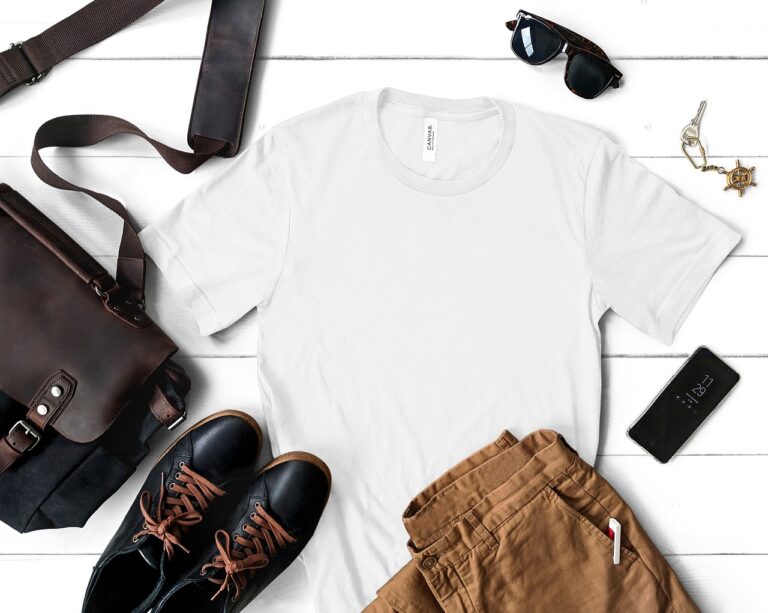Fabrics in Sustainable Outdoor Gear: Eco-Conscious Apparel and Equipment: Laser book 247 login password, Lotus299, 11xplay pro
laser book 247 login password, lotus299, 11xplay pro: When it comes to outdoor gear, exploring sustainability is becoming increasingly essential. Consumers are more conscious than ever about the impact their purchases have on the environment. As a result, eco-friendly fabrics are gaining traction in the outdoor industry, providing a sustainable alternative to traditional materials. Let’s delve into the world of sustainable outdoor gear and the eco-conscious fabrics making it possible.
The Rise of Eco-Friendly Fabrics:
In recent years, there has been a significant shift towards sustainable practices in the fashion and outdoor industries. Traditional fabrics like polyester and nylon have long dominated the market due to their durability and weather-resistant properties. However, these materials are derived from petrochemicals, contributing to environmental degradation and pollution. The demand for eco-friendly alternatives has led to the rise of fabrics made from recycled materials and natural fibers.
Recycled Polyester:
Recycled polyester is a popular choice for outdoor gear manufacturers looking to reduce their environmental impact. This fabric is made from post-consumer plastic bottles that are melted down and spun into fibers. Not only does recycled polyester divert plastic waste from landfills, but it also requires less energy to produce compared to virgin polyester.
Organic Cotton:
Organic cotton is another sustainable fabric used in outdoor apparel. Unlike conventional cotton, organic cotton is grown without the use of harmful pesticides and fertilizers. This not only benefits the environment but also promotes safer working conditions for farmers. Organic cotton is soft, breathable, and biodegradable, making it an excellent choice for eco-conscious consumers.
Hemp:
Hemp is a versatile fabric that has been used for thousands of years due to its durability and sustainability. Hemp requires minimal water and pesticides to grow, making it an eco-friendly alternative to traditional fibers. Hemp fabric is breathable, moisture-wicking, and naturally antimicrobial, making it an ideal choice for outdoor clothing and equipment.
Merino Wool:
Merino wool is a natural fiber that is known for its softness and moisture-wicking properties. Unlike synthetic materials, merino wool is biodegradable and renewable, making it a sustainable choice for outdoor apparel. Merino wool is also odor-resistant, making it ideal for long hikes or camping trips.
FAQs:
Q: Are eco-friendly fabrics as durable as traditional materials?
A: Yes, eco-friendly fabrics like recycled polyester and hemp are just as durable, if not more, than traditional materials.
Q: How can I ensure that my outdoor gear is truly sustainable?
A: Look for certifications such as bluesign or Global Organic Textile Standard (GOTS) to ensure that your gear is made with environmentally friendly practices.
Q: What should I do with my old outdoor gear?
A: Consider donating or recycling your old gear to give it a second life and reduce waste.
In conclusion, the shift towards sustainable outdoor gear is a positive step towards reducing our environmental impact. By choosing eco-conscious fabrics and materials, we can enjoy the great outdoors while protecting the planet for future generations. So next time you’re in the market for outdoor gear, consider opting for products made with recycled materials, organic cotton, hemp, or merino wool. Your purchase can make a difference in creating a more sustainable world.







